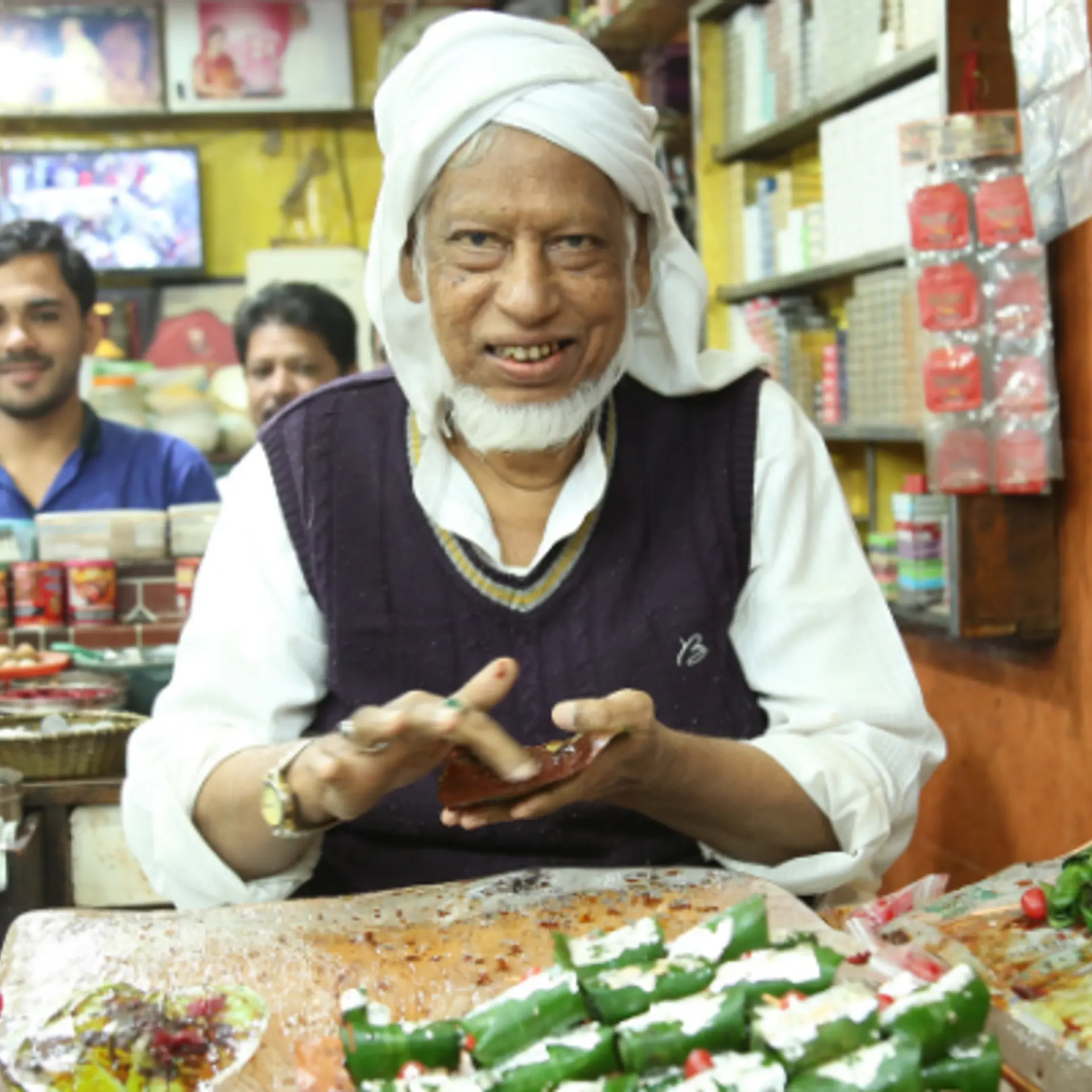How this Rs 345 Cr Bengaluru business became one of India's largest spring mattress brands
In 2006, mattress manufacturing experts K Madhavan, G Shankar Ram, and P Manjunath took over a factory in Coimbatore to start spring mattress business Peps Industries. It claims it has captured 54 percent of the spring mattress segment in India – more than Kurl-On, Sleepwell, Wakefit, Springfit, etc
In 2006, K Madhavan, President of Operations, Kurl-On, came across a golden business opportunity. Two of his business friends and mattress manufacturing experts — G Shankar Ram and P Manjunath — came to Madhavan and pitched an idea.
There was a factory for sale in Coimbatore, Tamil Nadu, and it had the capability to manufacture spring mattresses. At that time, the focus of the organised Indian mattress industry was on the conventional coir and foam mattresses. The unorganised industry largely dealt with cheap, cotton mattresses.
“The spring mattress industry was largely untapped. There was just one other player in the spring mattress industry — a small manufacturer in North India. Seeing a business opportunity, we decided to start our own venture in the spring mattress segment,” Madhavan tells SMBStory in an exclusive interview.
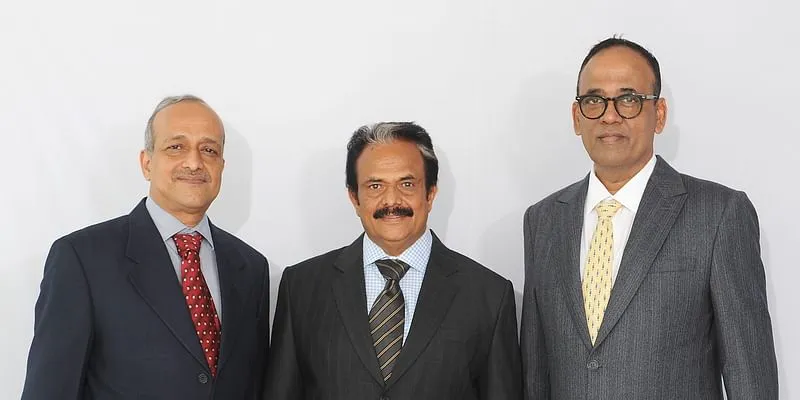
Peps cofounders (from L to R) P Manjunath, K Madhavan and G Shankar Ram
At 55, after nearly three decades of service in the conventional mattress industry, Madhavan made the bold decision to become an entrepreneur and disrupt the market.
Madhavan and his partners Shankar and Manjunath took over the mattress unit in Coimbatore in 2006 to start their spring mattress business. This was the genesis of Peps Industries.
“Our business model was one of disruptive innovation. We had a vision that the consumerism-driven Indian market with surplus disposable income would embrace the international standard spring mattress,” he adds.
The partners’ vast experience in mattress manufacturing and a business partnership with the American brand Restonic, the fourth-largest spring mattress maker in the world, has worked wonders for Peps.
By making simple, convenient, and affordable spring mattresses accessible to the market, Peps emerged as India’s leading spring mattress brand.
“The mattress industry is estimated to be over Rs 8,000 crore, and the spring mattress category is estimated to hold eight percent of this. Within the spring mattress category, our turnover at the end of FY19-20 was 54 percent of the market,” Madhavan says.
Based on these estimates, Peps’ turnover is around Rs 345 crore. Currently, it employs over 1,500 people. It is based in Bengaluru and manufactures in Coimbatore, with a few auxiliary units in the north, south, east, and west India.
A challenging start
Peps has grown quickly, but it faced its fair share of challenges during its initial years. The new business encountered stereotypes attached to spring mattresses. The market associated the term ‘spring mattress’ with rickety and uncomfortable sofa-cum-beds that were low on durability.
As the unorganised market had popularised inexpensive cotton mattresses, people also perceived spring mattresses would be out of their budget. “Besides these, the product was unknown to the market. As a result, getting shelf space was a real challenge,” Madhavan adds.
The 2008 economic recession compounded their problems. However, as spring mattresses were still relatively new, it didn’t completely cripple the segment.
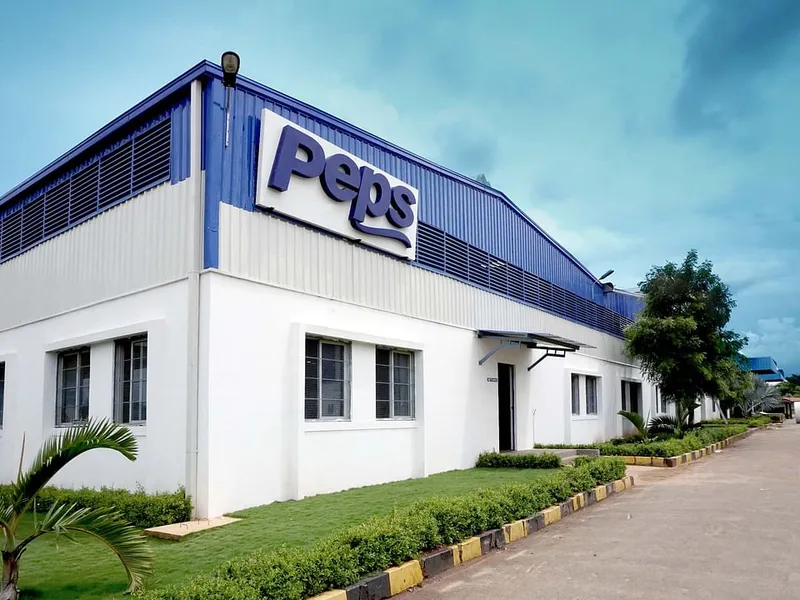
The Peps Industries factory in Coimbatore
To battle negative perceptions, the trio decided to position its spring mattresses as products treading the line between international quality and affordability. And this is where Pep’s partnership with Restonic benefitted the brand.
“Peps is the only Indian company to have a licensing agreement with Restonic Corporation, one of the world’s largest mattress companies. This unlocks for us a wide range of trade secrets, product innovation, and technologies that is unavailable to other mattress companies in India. We leverage this to create the best products for Indian consumers,” says Madhavan.
He also maintains that Pep’s investments in technology, research, innovation, and establishing its presence have helped it stay ahead of its competition.
“This focus on continuous improvement has led to competitors imitating and blatantly copying our brand and strategy. So much so that Peps has filed over three dozen lawsuits against its competition for copying,” Madhavan says.
Product and retail
Peps’ product portfolio for mattresses starts at Rs 9,000 and goes up to Rs 2.5 lakh. The brand’s overall portfolio is spread across several categories, such as pillows, comforters, bed linen, duvets, fitted sheets, waterproof bed covers, protectors, bolsters, cushions, neck pillows, and more.
It retails these products through its 4,000-plus strong dealer network, in addition to over 100 exclusive stores. “A large majority of our sales come from offline purchases. This is because a mattress is an interactive product whose impact varies from one customer to another,” he says.
Besides its robust offline network, Madhavan’s business has been trying to stay abreast of the increasing trend of buying mattresses online. Online sales of mattresses are accelerating the rate of adoption of branded mattresses — a hotly contested space for many existing and new players.
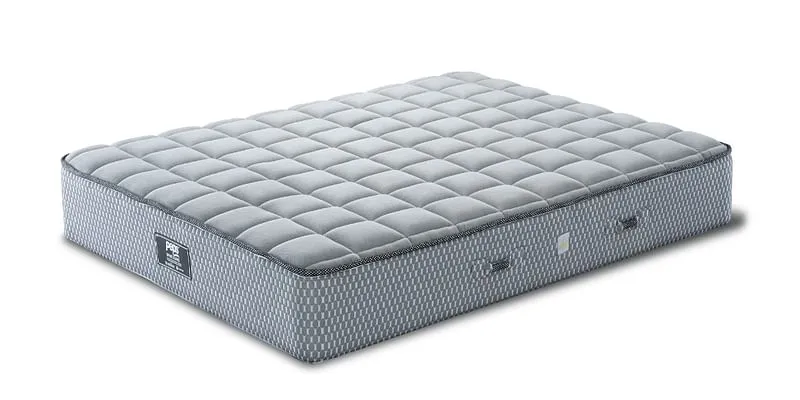
The Peps Spineguard mattress
“The ease and comfort of being able to compare mattress types, designs, prices, and delivery options online are making people shift towards online shopping. The online sale of mattresses has seen significant growth over the last few years, with the emergence of a multitude of startups that sell exclusively through the internet,” he adds.
Over the last few decades, the demand for high-quality mattresses in India grew due to rising income levels and increasing awareness of better products, as well as the health benefits of getting good sleep.
With large players such as Kurl-On, Springwell, Sleepwell, Duroflex, Coirfoam, Springfit, etc., and emerging startups such as and Housefull, the branded mattress market is a fast-growing category. The Indian mattress market is expected to grow at a CAGR of 10 percent, and is en route to reaching $2.5 billion by 2022, according to RedSeer data.
Future plans and focus on hygiene
Madhavan admits there is going to be a surge in the selling of products through the online medium, even among legacy companies.
Besides selling on ecommerce platforms such as Amazon and , Peps is preparing itself for this surge “through the implementation of an innovative online store and customisation website,” according to him.
“Reaching the products to the consumer is going to be one area that will see a change. We will be automating the supply and distribution chain. Implementation of technology, innovation, and automation will result in a more optimised distribution chain and a decrease in human intervention,” he adds.
Peps’ offline stores will also witness a few changes. The brand is closely looking at customer experience, and is looking to adopt self-assisted kiosks and robots to make offline purchases at its stores.
“More education will be imparted to the sales promoters’ front-ending sales at the stores. Online campaigns will also be activated to attract customers to the stores,” Madhavan says.
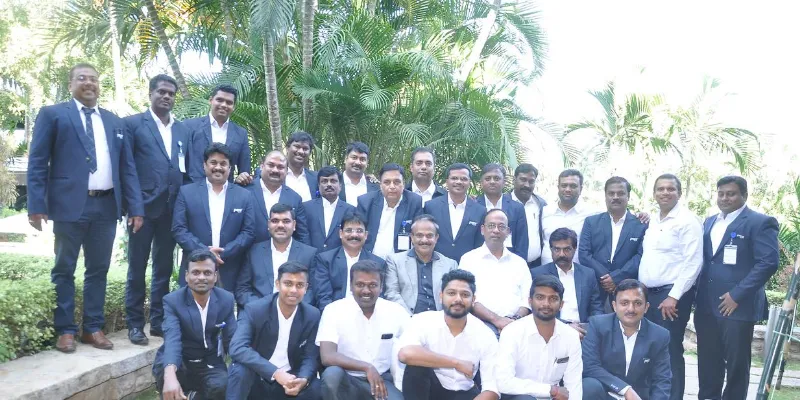
The Peps Industries team
Peps wants to become a Rs 1,000 crore company by 2022. Product innovation is going to be the driving force for growth post the COVID-19 pandemic.
“The current situation demands a change in the traditional way of functioning. We are adhering to the guidelines set by the government with regard to social distancing and frequent sanitisation of stores. We are also ensuring strict adherence to safety and hygiene instructions at our factories,” Madhavan says.
Peps has the advantage of using imported, technologically-advanced machinery that does not require much human intervention. Going forward, Peps is planning to implement a shift system, in which employees are utilised in batches to avoid contamination and ensure seamless production.
Madhavan hopes this step will enable employees to return to work safely, and also set Peps on its journey towards the Rs 1000 crore turnover mark.
Edited by Suman Singh









